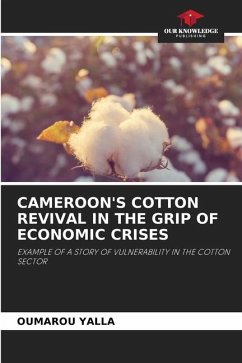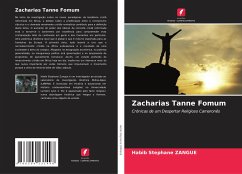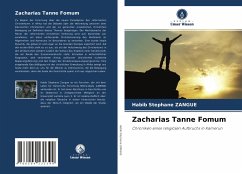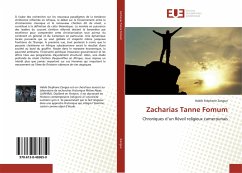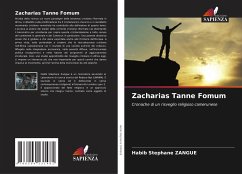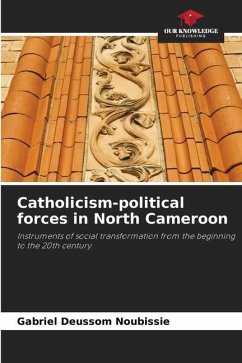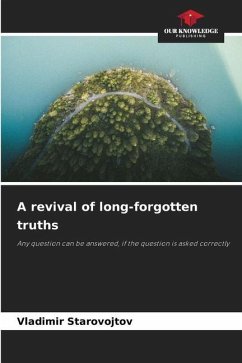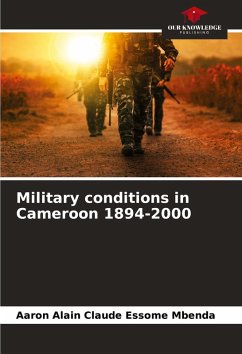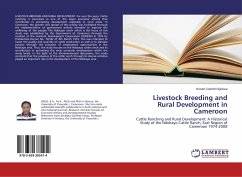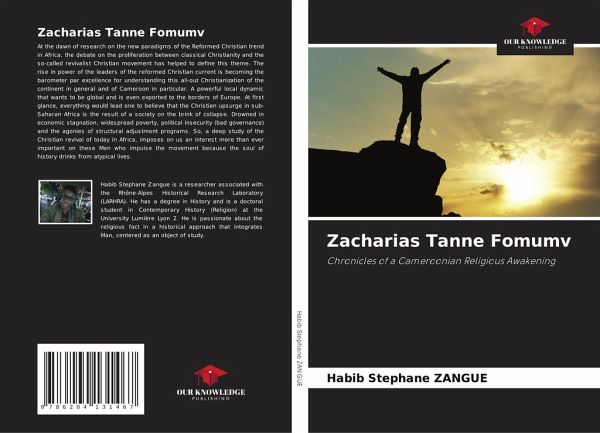
Zacharias Tanne Fomumv
Chronicles of a Cameroonian Religious Awakening
Versandkostenfrei!
Versandfertig in 6-10 Tagen
47,99 €
inkl. MwSt.

PAYBACK Punkte
24 °P sammeln!
At the dawn of research on the new paradigms of the Reformed Christian trend in Africa, the debate on the proliferation between classical Christianity and the so-called revivalist Christian movement has helped to define this theme. The rise in power of the leaders of the reformed Christian current is becoming the barometer par excellence for understanding this all-out Christianization of the continent in general and of Cameroon in particular. A powerful local dynamic that wants to be global and is even exported to the borders of Europe. At first glance, everything would lead one to believe tha...
At the dawn of research on the new paradigms of the Reformed Christian trend in Africa, the debate on the proliferation between classical Christianity and the so-called revivalist Christian movement has helped to define this theme. The rise in power of the leaders of the reformed Christian current is becoming the barometer par excellence for understanding this all-out Christianization of the continent in general and of Cameroon in particular. A powerful local dynamic that wants to be global and is even exported to the borders of Europe. At first glance, everything would lead one to believe that the Christian upsurge in sub-Saharan Africa is the result of a society on the brink of collapse. Drowned in economic stagnation, widespread poverty, political insecurity (bad governance) and the agonies of structural adjustment programs. So, a deep study of the Christian revival of today in Africa, imposes on us an interest more than ever important on these Men who impulse the movement because the soul of history drinks from atypical lives.



